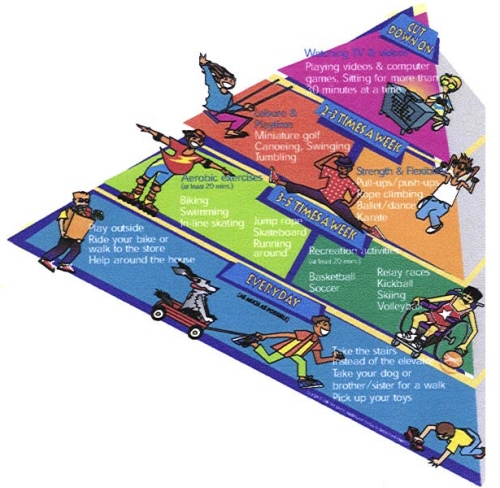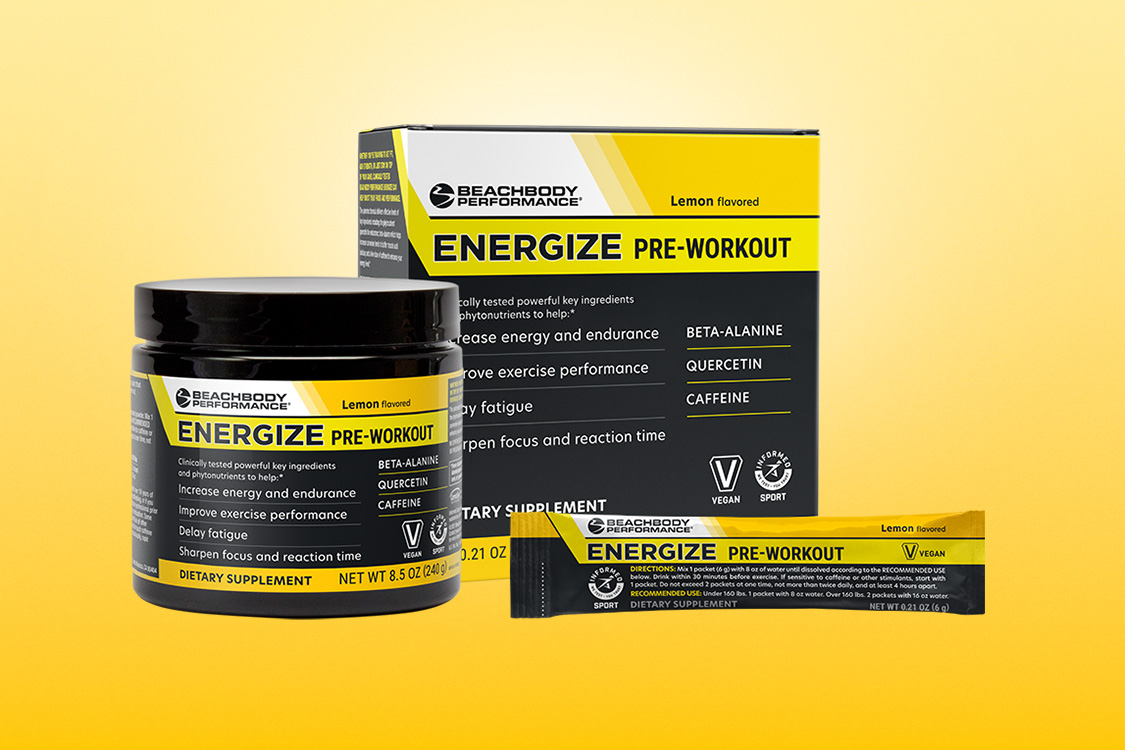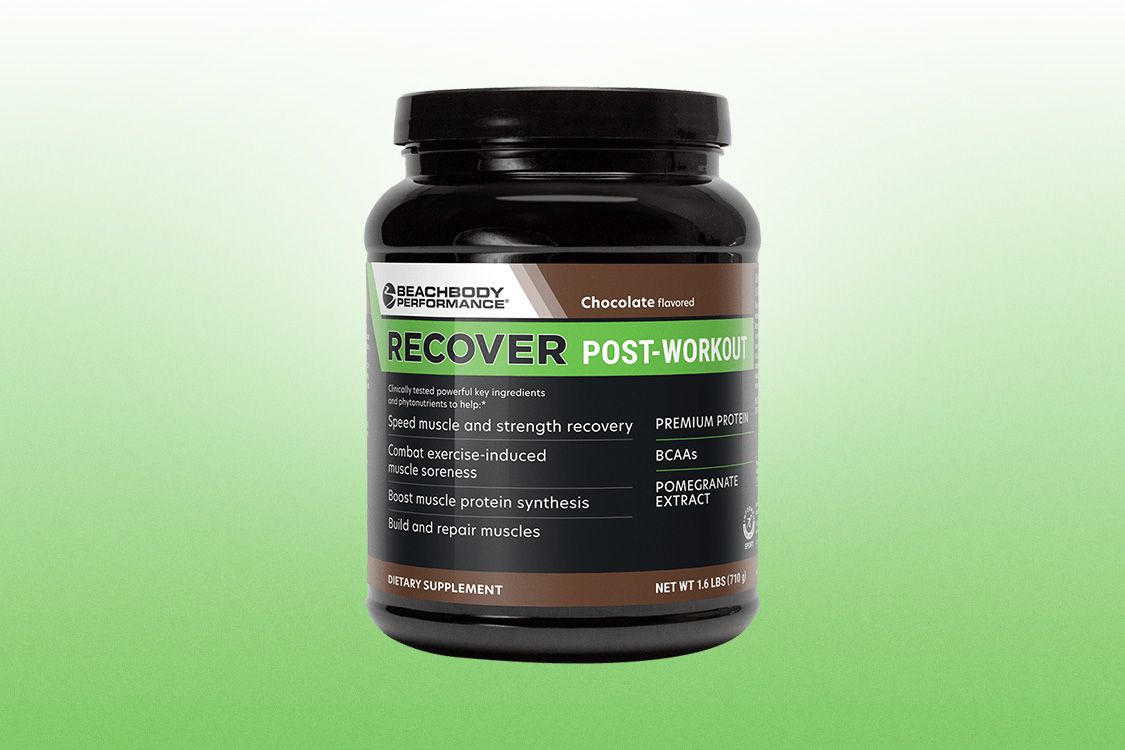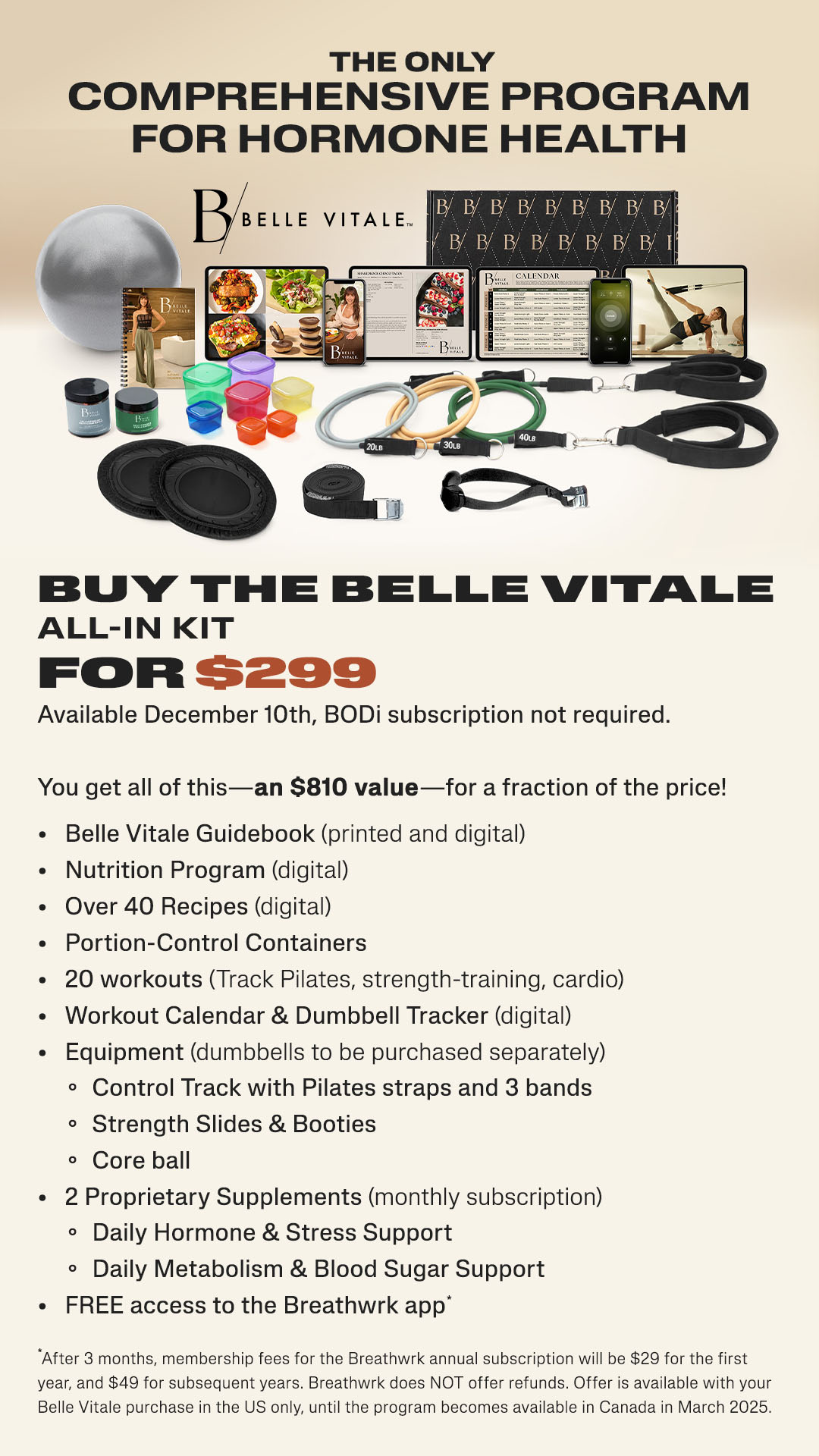10 Tips to Healthy Eating and Physical Activity for
Kids
President's Council on Physical Fitness and
Sport
- Start your day with breakfast.
Breakfast fills
your "empty tank" to get you going after a long night without food. And it can
help you do better in school. Easy to prepare breakfasts include cold cereal
with fruit and low-fat milk, whole-wheat toast with peanut butter, yogurt with
fruit, whole-grain waffles or even last night's pizza!
- Get Moving!
It's easy to fit physical activities
into your daily routine. Walk, bike or jog to see friends. Take a 10-minute
activity break every hour while you read, do homework or watch TV. Climb stairs
instead of taking an escalator or elevator. Try to do these things for a total
of 30 minutes every day.
- Snack smart.
Snacks are a great way to refuel.
Choose snacks from different food groups - a glass of low-fat milk and a few
graham crackers, an apple or celery sticks with peanut butter and raisins, or
some dry cereal. If you eat smart at other meals, cookies, chips and candy are
OK for occasional snacking.
- Work up a sweat.
Vigorous work-outs - when you're
breathing hard and sweating - help your heart pump better, give you more energy
and help you look and feel best. Start with a warm-up that stretches your
muscles. Include 20 minutes of aerobic activity, such as running, jogging, or
dancing. Follow-up with activities that help make you stronger such as push-ups
or lifting weights. Then cool-down with more stretching and deep breathing.
- Balance your food choices - don't eat too much of any
one thing.
You don't have to give up foods like hamburgers, french fries
and ice cream to eat healthy. You just have to be smart about how often and how
much of them you eat. Your body needs nutrients like protein, carbohydrates,
fat and many different vitamins and minerals such as vitamins C and A, iron and
calcium from a variety of foods. Balancing food choices from the Food Guide
Pyramid and checking out the Nutrition Facts Panel on food labels will help you
get all these nutrients.
- Get fit with friends or family.
Being active is
much more fun with friends or family. Encourage others to join you and plan one
special physical activity event, like a bike ride or hiking, with a group each
week.
- Eat more grains, fruits and vegetables.
These
foods give you carbohydrates for energy, plus vitamins, minerals and fiber.
Besides, they taste good! Try breads such as whole-wheat, bagels and pita.
Spaghetti and oatmeal are also in the grain group.
Bananas, strawberries and melons are some great tasting
fruits. Try vegetables raw, on a sandwich or salad.
- Join in physical activities at school.
Whether
you take a physical education class or do other physical activities at school,
such as intramural sports, structures activities are a sure way to feel good,
look good and stay physically fit.
- Foods aren't good or bad.
A healthy eating style
is like a puzzle with many parts. Each part -- or food -- is different. Some
foods may have more fat, sugar or salt while others may have more vitamins or
fiber. There is a place for all these foods. What makes a diet good or bad is
how foods fit together. Balancing your choices is important. Fit in a
higher-fat food, like pepperoni pizza, at dinner by choosing lower-fat foods at
other meals. And don't forget about moderation. If two pieces of pizza fill you
up, you don't need a third.
- Make healthy eating and physical activities
fun!
Take advantage of physical activities you and your friends enjoy
doing together and eat the foods you like. Be adventurous - try new sports,
games and other activities as well as new foods. You'll grow stronger, play
longer, and look and feel better! Set realistic goals - don't try changing too
much at once.
|
The Food Guide Pyramid

Food Guide Pyramid is a practical tool to help you make food
choices that are consistent with the Dietary Guidelines for Americans. Using
the Pyramid enables you to eat a variety of foods daily so that you can get the
nutrients you need.
To make the most of the Pyramid, you need to know what
counts as a serving.
| Food Group |
Serving Size |
| Vegetable |
1 cup raw, leafy
vegetables, 1/2 cup cooked or chopped raw vegetables or 3/4 cup vegetable
juice |
| Bread |
1 slice bread, 1/2
bagel or English muffin, 1 ounce ready-to-eat cereal, 1/2 cup cooked cereal,
rice or pasta, or 5-6 small crackers |
| Fruit |
1 medium piece of
fruit, 1/2 cup mixed fruit or 3/4 cup fruit juice |
| Milk |
1 cup milk or yogurt,
1-1/2 ounces natural cheese or 2 ounces process cheese |
| Meat |
2-3 ounces cooked lean
meat, poultry or fish (about the size of a deck of cards.) Other foods which
count as 1 ounce meat; 1/2 cup cooked dry beans, 1 egg, 2 tablespoons peanut
butter or 1/2 cup nuts |
|
The Kids Activity Pyramid

Each week you can have fun and be active by trying the following
things...
With Friends: -Dance to music
-Play games like tag and
hopscotch
-Join a sports team at school or the park
With Family: -Go on a walk together
-Play at the
park
-Turn off the TV for a day
By Yourself: -Fly a kite
-Do cartwheels, somersaults, or
jumping jacks
-Practice sports skills
What's Your Nutrition and Physical Activity I.Q.?
Can you fill in the blanks to find these secrets to healthy eating
and physical activity?
1. Eat from the five food groups every day. These include a) ??,
cereals and grains, b) fruits, c) vegetables, d) milk, yogurt and cheese and e)
?? And proteins.
2. Do moderate physical activities for ?? minutes
daily.
3. Eat ?? to get going in the morning.
4. Vigorous activities make
you ?? and breathe hard.
5. Eat a ?? of foods every day.
6. Take a 10
minute ?? break every hour while you read, ?? or do homework.
7. Smart ??
are just what you need if you get hungry between meals.
8. Be sure to ??
your muscles before and after work-outs.
9. Use the ?? Facts Panel and the
Food ?? Pyramid to help you balance food choices.
10. Keep ?? to stay in
shape.
Answers:
1. a) breads e) meats
2. 30
3.
Breakfast
4. Sweat
5. Variety
6. Activity, watch tv
7. Snacks
8.
Stretch
9. Nutrition, Guide
10. Moving
If you Want to Know More:
For additional information about food and nutrition, or a reference
to a registered dietitian (R.D.) In your area, call the ADA's National Center
for Nutrition and Dietetics (NCND) Consumer Nutrition Hot Line (800/366-1655).
For more information about improving your physical activity level,
write the President's Council on Physical Fitness and Sport at the address
below.
The American Dietetic Association
National Center for Nutrition
and Dietetics
216 West Jackson Boulevard
Chicago, IL 60606-6995
International Food Information Council Foundation
1100
Connecticut Avenue, N.W.
Suite 430
Washington, DC 20036
President's Council on Physical Fitness and Sports
HHH Building,
Room 738 H
200 Independence Avenue, S.W.
Washington, DC
20201





